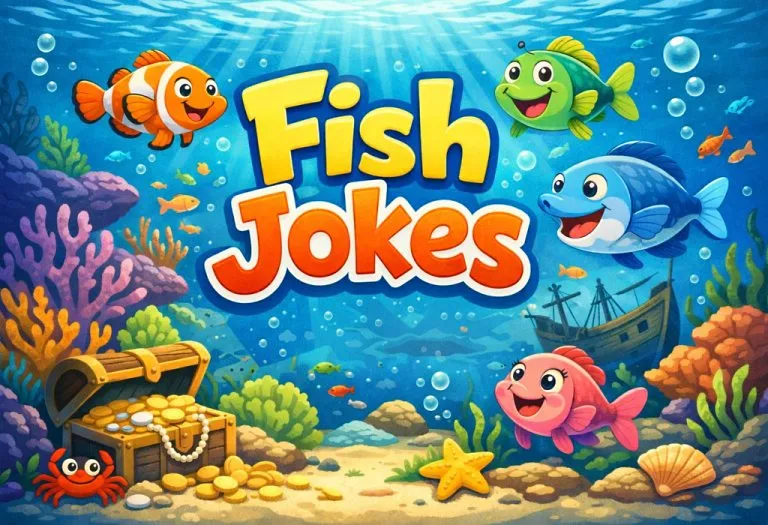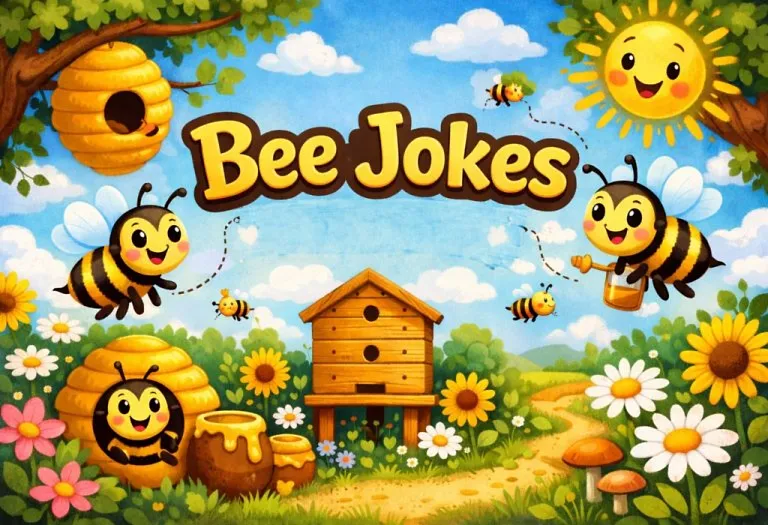Protein Powder for Kids – Benefits, Types and Risks
- What Is Protein Powder?
- How Much Protein Do Children Need?
- Is Protein Powder Good for Kids?
- Benefits of Protein Powder for Children
- Risk of Protein Powder for Children
- Types of Protein Powder for Children
- Signs of Protein Deficiency in Kids
- How to Choose Kids Friendly Protein Powder?
- FAQs
When a person thinks of protein powder, the image of a shredded adult with monstrous muscles comes to mind. Protein powder is often mistaken for something gym-going people consume in copious quantities to build their muscles quickly. However, protein powder may be necessary for kids, too- it can play a huge role in developing your child’s body. Protein is essential for growth, muscle development, and overall health, making it a key component in a child’s diet. But, before introducing protein powder into a child’s routine, weighing the benefits, types available, and risks is important. Let’s look at how protein powder for kids can support their health and the concerns that should be considered for safe and appropriate use.
What Is Protein Powder?
Protein powder, as the name suggests, consists mainly of proteins which are an essential requirement for the human body. Protein powder for children mainly comes in three types, which are whey, soy and casein protein. While all three of these can be consumed by children, whey protein is mainly recommended by doctors. This is a water-soluble milk protein, which has the essential amino acids which play a huge role in the development of the child and also helps your child in his intake of the required amount of protein (1) (2).
How Much Protein Do Children Need?
The table below gives parents an idea on the amount of protein their child needs.
| Group | Particulars | Protein (g/d) |
| Infants | 0-6 months |
1.16 g/kg/d |
| 6-12 months |
1.69 g/kg/d |
|
| Children | 1-3 years | 16.7 |
| 4-6 years | 20.1 | |
| 7-9 years | 29.5 | |
| Boys | 10-12 years | 39.9 |
| Girls | 10-12 years | 40.4 |
| Boys | 13-15 years | 54.3 |
| Girls | 13-15 years | 51.9 |
| Boys | 16-17 years | 61.5 |
| Girls | 16-17 years | 55.5 |
Is Protein Powder Good for Kids?
This question is one of the most frequent ones that parents ask, before buying protein powder for their children. The stigma around protein powder has grown to such a level that consuming it is considered almost akin to taking steroids, as the powder is consumed mainly by gym-going muscle-bound people. However, protein powder is definitely safe for children; although the intake should be controlled.
In a normal scenario, your child might be getting the amount of protein he requires from the daily diet that he consumes. Nuts ans pulses are rich in protein; soy protein shakes are not required if your child consumes enough of those. A large amount of protein being consumed frequently can result in kidney damage and dehydration in the child, so the amount needs to be controlled with extreme care (3).
Benefits of Protein Powder for Children
While most kids can get enough protein through a balanced diet, protein powder can be a convenient supplement in certain cases. Here are some key benefits of protein powder for children:
- Protein is vital for building muscles, bones, and tissues, helping children grow and develop properly.
- Protein helps produce antibodies and other immune cells, which protect children from infections and illnesses (5).
- Protein powder can assist in muscle repair and recovery for active children or young athletes after physical activities.
- Protein powder can be an easy way to increase protein intake for kids who may not get enough from their regular meals due to picky eating habits.
Risk of Protein Powder for Children
Overuse or inappropriate use of these protein powders can lead to various health concerns. Below are some risks associated with kids protein powder:
- Consuming too much protein can strain the kidneys and liver, leading to long-term health issues like kidney damage (3).
- Relying on protein powder may cause children to miss out on other essential nutrients from whole foods, resulting in an imbalanced diet.
- Some protein powders include dairy or soy, which might cause allergic reactions.
- Protein powders have chemicals, preservatives, or artificial sweeteners that harm a child’s developing body (2).
- Excessive use of protein powder can result in consuming extra calories, which can cause weight gain or obesity.
Types of Protein Powder for Children
When choosing a protein powder for children, it’s important to find one that fits their needs and is safe for their growing bodies. There are three types of protein powder for children, which are (4):
1. Whey Protein Powder
This is the best protein powder for kids and is also called the ‘complete’ one, as it has all the essential amino acids that play a huge role in developing the child’s body. Whey protein powder for kids is derived from cow milk; therefore, it is best suited for small children. The production of leucine, an amino acid, starts as soon as this protein enters the child’s bloodstream (6).
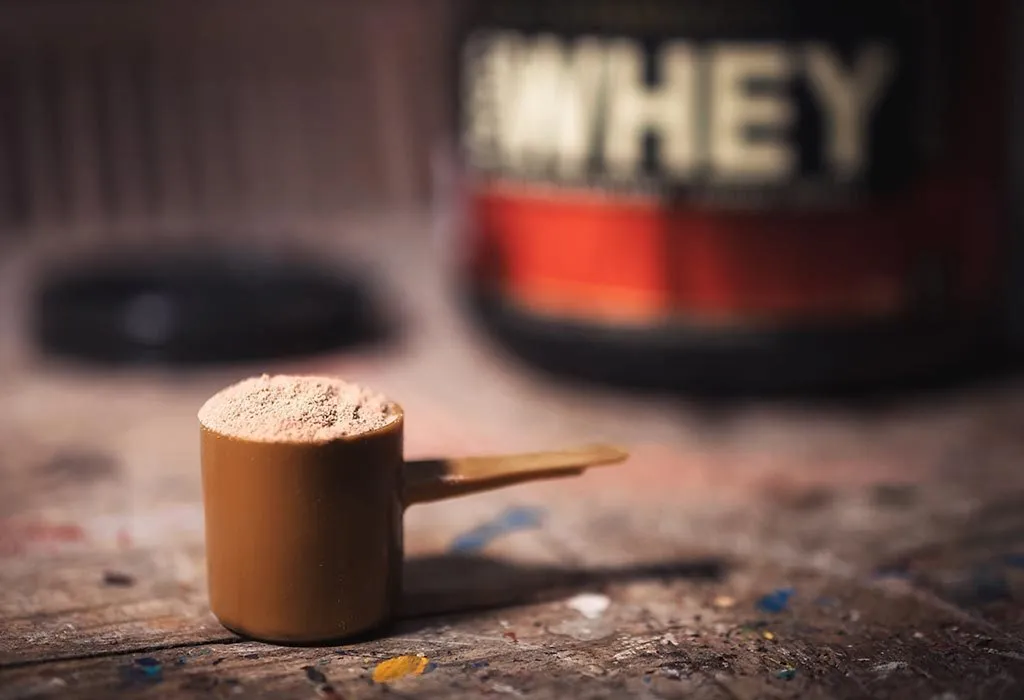
2. Casein Protein Powder
Casein protein powder is also derived from milk, but it does not have all of the amino acids mentioned above. Casein is also harder to digest, especially for children- your child may feel full for longer than usual after consuming casein powder.
3. Soy Protein Powder
The third type of powder, soy protein powder has been touted to have great benefits for children- however, there is no conclusive evidence about this. In fact, soy milk is one of the eight major foods that many children are allergic to. Children who have allergies to dairy products usually are allergic to soy too, and soy milk is not necessarily better than dairy in any way. Therefore, you are better off avoiding soy products unless the doctor recommends them.
Signs of Protein Deficiency in Kids
How to Choose Kids Friendly Protein Powder?
Choosing the best protein powder for kids can be difficult; here are some tips you can use while buying your toddler protein powder:
- Ensure that whey isolate is present in the powder if you want to buy whey protein powder for your child.
- Buy powder with fewer amounts of artificial sweeteners, as they can contribute to obesity in the child.
- Choose a flavour that is easy to consume for children.
- Choose protein isolates over concentrates, as the former is better and purer than the latter.
- A high sugar content in the powder can be counterproductive, as it only gives a short-term energy boost to the child.
FAQs
1. What age should kids start using protein powder?
Protein powder is generally not recommended for children under the age of 4. For older children and teenagers, it may be considered if they have specific dietary needs, are very active, or are struggling to meet protein requirements through food. Always consult a paediatrician before introducing supplements.
2. Can protein powder replace regular meals?
No, protein powder should not replace balanced meals. Whole foods provide essential vitamins, minerals, and nutrients that are important for a child’s growth and overall health.
Protein powder may become a necessity for your child if he is not getting enough of it through his diet. If you choose to give your child protein powder, do not forget to consult a dietician regarding the recommended intake and the downsides to the powder you choose!
References/Resources:
1. The scoop on protein powder; Harvard Health Publishing; https://www.health.harvard.edu/blog/the-scoop-on-protein-powder-2020030918986
2. The hidden dangers of protein powders; Harvard Health Publishing;
https://www.health.harvard.edu/staying-healthy/the-hidden-dangers-of-protein-powders
3. Dr Winkelmann. J; Protein powders and teens: Are they safe? Are they necessary?; Children’s Hospital of Orange County; https://health.choc.org/protein-powders-and-teens-are-they-safe/
4. Hoffman. J. R, Falvo. M. J; Protein – Which is Best?; PubMed Central; https://www.ncbi.nlm.nih.gov/pmc/articles/PMC3905294/
5. Nutrition and Supplement Use; American Academy of Pediatrics; https://www.healthychildren.org/English/healthy-living/nutrition/Pages/Nutrition-and-Supplement-Use.aspx
6. Phillips. S. M, Tang. J. E, Moore. D. R; The Role of Milk- and Soy-Based Protein in Support of Muscle Protein Synthesis and Muscle Protein Accretion in Young and Elderly Persons; Journal of the American College of Nutrition; https://www.researchgate.net/publication/43023339_The_Role_of_Milk-_and_Soy-Based_Protein_in_Support_of_Muscle_Protein_Synthesis_and_Muscle_Protein_Accretion_in_Young_and_Elderly_Persons
7. Are you getting enough protein? Here’s what happens if you don’t; UCLA Health; https://www.uclahealth.org/news/article/are-you-getting-enough-protein-heres-what-happens-if-you-dont
Also Read:
DHA for Babies and Kids
Cod Liver Oil for Children
OMEGA 3 Fatty Acid for Kids
Gummy Vitamins for Children
Was This Article Helpful?
Parenting is a huge responsibility, for you as a caregiver, but also for us as a parenting content platform. We understand that and take our responsibility of creating credible content seriously. FirstCry Parenting articles are written and published only after extensive research using factually sound references to deliver quality content that is accurate, validated by experts, and completely reliable. To understand how we go about creating content that is credible, read our editorial policy here.






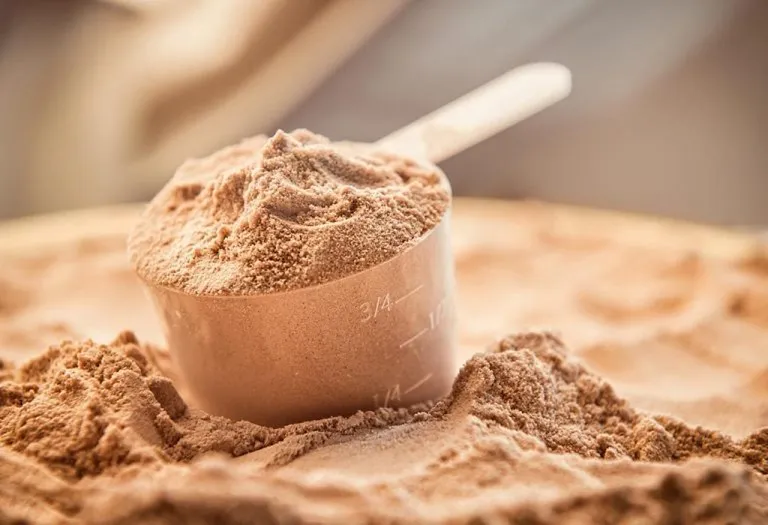
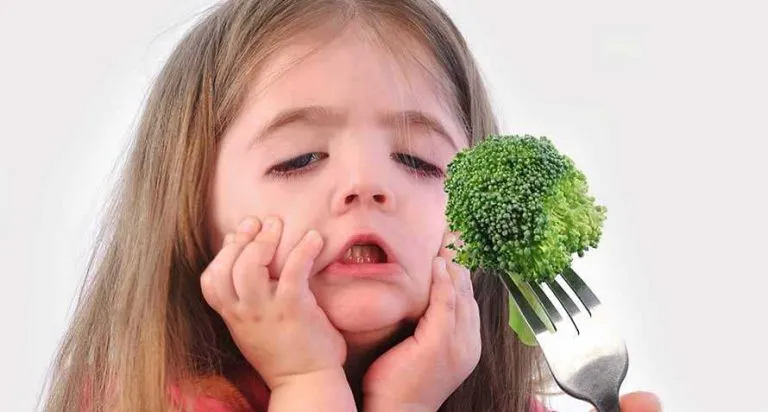
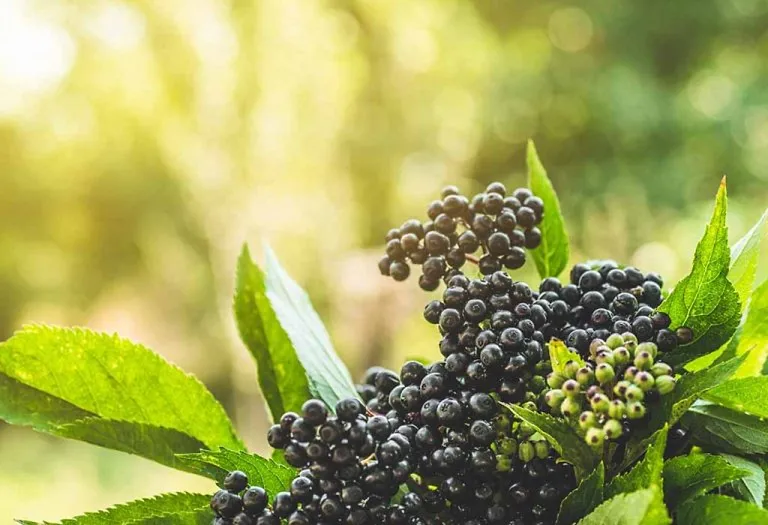

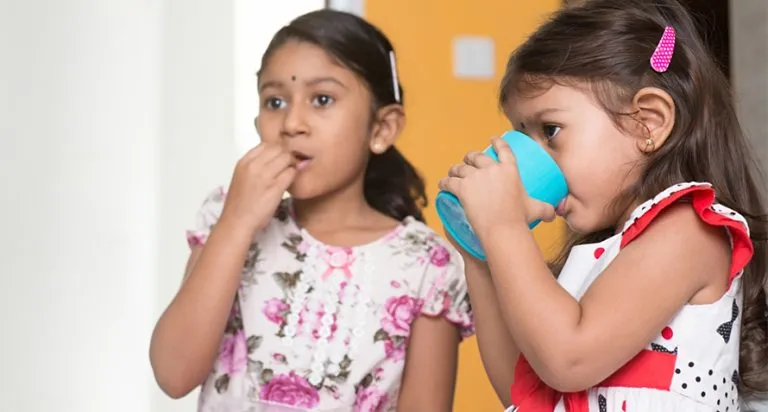



.svg)






